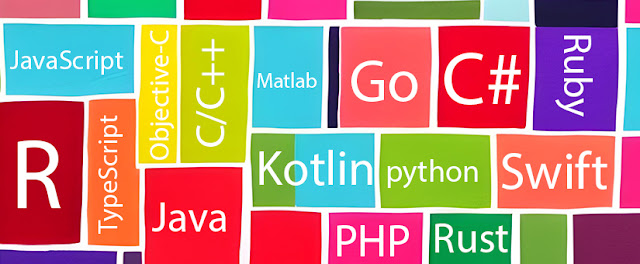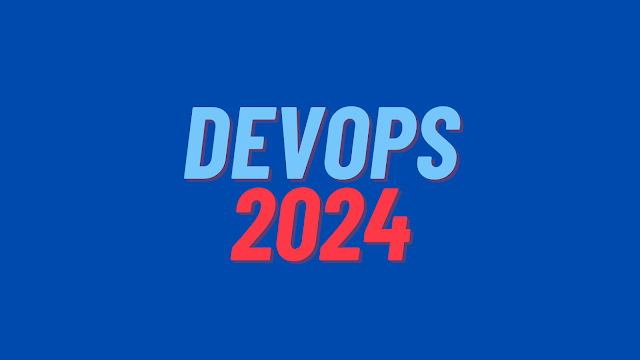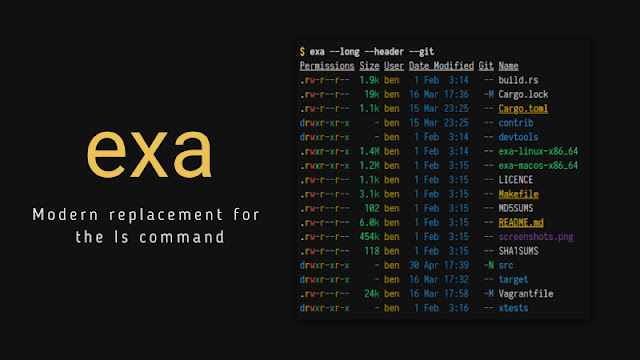4 Programming Languages DevOps Professionals Must Know
Introduction
DevOps, a set of practices that emphasize collaboration and automation between development and IT operations teams, has become an integral part of modern software development and system administration. While DevOps primarily focuses on automation, infrastructure as code, and continuous integration/continuous deployment (CI/CD), having a strong foundation in programming languages can greatly enhance a DevOps professional's effectiveness. In this blog post, we'll explore four programming languages that DevOps professionals should consider learning to excel in their roles.
- Python
Python is often touted as the Swiss Army knife of programming languages, and for good reason. Its simplicity, readability, and extensive libraries make it a top choice for automation tasks, scripting, and building robust tools for DevOps purposes. With Python, DevOps engineers can automate repetitive tasks, configure infrastructure, and develop custom plugins for various DevOps tools like Ansible, Terraform, and Jenkins. Python's versatility and community support make it a must-know language for DevOps professionals.
- Bash/Shell Scripting
While not a traditional programming language, bash (Bourne-Again SHell) scripting is a crucial skill for DevOps practitioners. Bash scripts are used for various tasks such as configuring servers, managing file systems, and orchestrating complex automation workflows. A strong understanding of shell scripting can help DevOps professionals create efficient and reliable automation scripts for their daily operations.
- JavaScript
JavaScript, known primarily as a web development language, has become increasingly important in the DevOps world thanks to the rise of serverless computing and cloud-based technologies. With Node.js, JavaScript can be used to create serverless functions, build deployment pipelines, and manage cloud resources. Additionally, many DevOps tools, such as Kubernetes and Docker, use JavaScript or JSON for configuration and customization. Familiarity with JavaScript can help DevOps professionals navigate these areas effectively.
- Go (Golang)
Go, also known as Golang, has gained popularity in the DevOps space due to its efficiency, concurrency support, and ease of writing system-level code. Tools like Kubernetes and Docker are built using Go, and learning Go can be especially advantageous if you are working with container orchestration or developing custom applications to enhance your DevOps workflows. Go's performance and scalability make it a valuable asset when building microservices or optimizing infrastructure code.
Conclusion
In the ever-evolving DevOps landscape, proficiency in programming languages is a valuable asset. Python, Bash, JavaScript, and Go are four languages that can significantly boost a DevOps professional's effectiveness. By learning these languages, DevOps practitioners can automate tasks, configure infrastructure, and develop custom tools to streamline their workflows, ultimately contributing to the success of their organizations in the fast-paced world of software development and operations. Whether you're just starting in DevOps or looking to enhance your skills, investing time in mastering these languages is a wise decision for your career.






.png)




Comments
Post a Comment